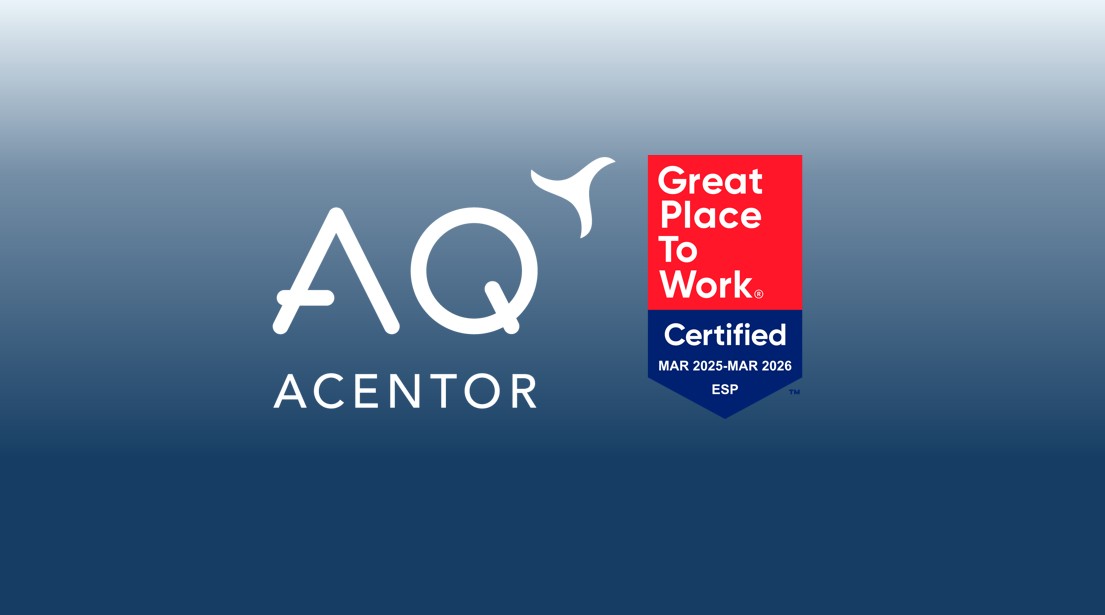How to deduct rent on your 2023 tax return?

The income tax return is an annual process that can generate doubts, especially when it comes to rent deduction in the IRPF. Whether you are a landlord or a tenant, understanding how rent affects your 2023 tax return (filed in 2024) is crucial to optimise your taxes. Discover the key aspects to declare your rent in your income tax return and solve your doubts about this process and whether it is possible to deduct it, especially if you are thinking of buying an apartment to rent it.
Why is my rent not tax deductible?
When it comes to rent tax deductibility, both landlords and tenants face significant differences. Landlords must declare all rental income as capital gains in the IRPF, subject to different marginal rates depending on the autonomous community, up to a maximum of 54%.
On the other hand, there are some people who ask themselves “why don’t I get a tax deduction on my rent?”. It is important to note that, since 2015, tenants cannot deduct rent at the national level. They can only deduct rent if the contract was signed before January 1, 2015 and the home is their primary residence.
Prior to that date, taxpayers could deduct a percentage of the amount allocated to the payment of rent on their income tax return. However, this deduction was eliminated, and currently, there is no rent deduction in the income tax return directly for habitual residence at the national level.
In spite of this, there are autonomous communities in Spain that maintain a deduction in the rent with respect to the IRPF. Therefore, it is possible to deduct the IRPF of the rent if you comply with the specific regulations of the autonomous community in which you live, which you should check since you could find additional tax benefits related to the rent.
I am a tenant and I want to declare the rent, how can I do it?
One of the most common questions in relation to rent in the income tax return is what can I do if I am a tenant and I want to declare the rent. There are some aspects related to renting to take into account in your 2023 income tax return:
- Autonomous community deductions. Check if your autonomous community offers any deduction for renting in the 2023 income tax. Some communities offer tax benefits for tenants, so it is important to be informed about local regulations.
- Lease of habitual residence. If you reside in a rented property that you consider your habitual residence, you may be entitled to certain regional deductions. Check the regulations in force in your community to make sure you do not overlook possible tax benefits, as well as the Urban Leasing Law.
There are other tax elements related to renting that could have an impact on your income tax return. One example is the cap on the rent increase last year. The rent update has been decoupled by the Government from the CPI in 2023 preventing a rise of more than 2%.
Remember that each tax situation is unique, and it is advisable to consult with a tax advisor to get personalised guidance on how to put the rent in the income tax return and if you could qualify for a rent deduction of the 2023 income through your autonomous community.

In which box do I have to put the rent in the income tax return?
When declaring the rental of your main residence, it is essential to know in which box you should include the information related to the rent in your income tax return. The specific information about the rent in the income tax return must be entered in the “Housing” or “Real Estate” section, depending on the structure of the tax return model.
- Box 031. The information on rent in the income tax return can be requested in box 031 of the model, specific for autonomic deductions. Here you will have to include any option to deduct rent in the income tax return offered by your autonomous community.
- Box 15. In other cases, rental information may be required in box 15, within the “Housing.” section. Be sure to carefully review the instructions and the declaration model corresponding to your situation when including rent in your income tax return.
It is essential to consult the specific instructions of the declaration model you use, as these may vary. In addition, if you have any doubts, it is always advisable to seek the advice of a tax professional or use the services of official electronic platforms to include the rent in the tax return.
Is it compulsory to declare the rent in the income tax return?
The obligation to declare rent in the income tax return depends on several factors, including your income and the type of rental contract you have. Here are some key points:
- Income above the established limit. If your income exceeds the limit established by tax regulations, you will be required to file a tax return, regardless of your rental situation.
- Annual rental contract in excess of €12,000. Including rent in the tax return also depends on whether your rental contract has an annual amount greater than 12,000 euros, a situation in which you will be obliged to file the income tax return.
- Other income and properties. In addition to the rent, other income and properties that you own may influence your obligation to file the income tax return. It is important to review the current regulations and consider all aspects of your tax situation.

It is crucial to understand how rent impacts your 2023 income tax return. Check if there are any rental deductions in your region’s tax return and determine if you are required to declare based on your income and type of contract.
If you are considering buying a property to rent out or renting an apartment this year, stay informed about changes in tax regulations and, if necessary, seek professional advice to optimise your tax situation regarding renting and understand how to declare rental income on your tax return.


